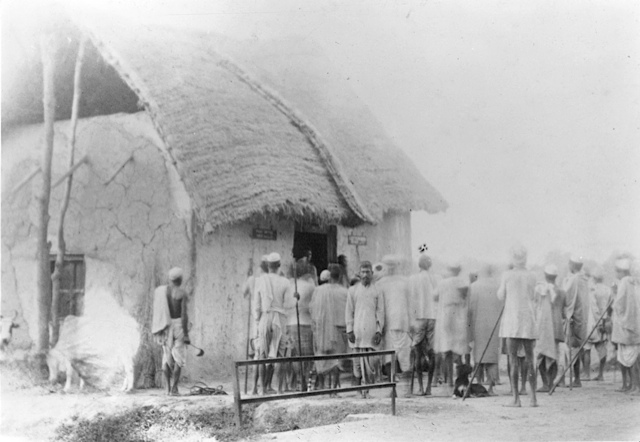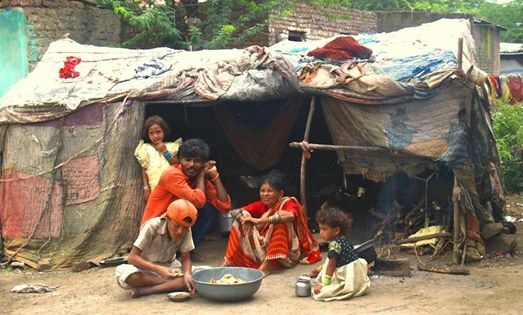These Tribes in India celebrate Liberation Day not Independence Day

By Nikhat Fatima, TwoCircles.net
As many as 150 tribes across India observe 31st August as ‘ Liberation Day’ or ‘Vimukti Divas’ because it was on this day in 1952 the Government of India repealed the “Criminal Tribes Act” thus freeing these tribes from being labelled as criminals. But instead labelled them ‘denotified’.
The British pass the Criminal Tribes Act in 1871 under which 150 tribes around India were notified to be criminals and gave wide powers to arrest these tribal people and monitor their movements. This meant that if you were born in any of these 150 tribes you became a criminal by birth.
While introducing the bill which later became an Act, a British Official of the time Stephens had said “ ..people from time immemorial have been pursuing the case system defined job-positions: weaving, carpentry and such were hereditary jobs. So there must have been hereditary criminals also who pursued their forefathers’ profession.” And thus the tribes were viewed as criminals in colonial India and persecuted and punished for crimes they did not even commit.
Many a person from the tribe has been wrongly tortured and killed due to this harsh law and when finally in 1952 the Act was repealed there was joy among the tribes but the stigma did not really go. They were/ are still seen as ‘criminals’ and are always under suspicion by the police of India. And continued to face social ostracization.
And nomadic tribes who are on the move were not even listed in the population census till 60 years. There are around 27 million to 60 million such people in India.
For many years after the denotification the children of some nomadic communities could not admissions in the schools, the men were not given jobs and as a result we find many tribes living in extreme poverty. The stigma continues and they are still victimised and harassed by the locals, the police and even the judiciary.
The Government of India has set up National Commission for Denotified, Nomadic and Semi-Nomadic Tribes (NCDNSNT) in 2003 to study these tribes and make recommendations to mainstream them by providing reservations for them.
While some tribes have been included in the SC/ST Act there are still some who have been excluded. The denotified tribes or DNTs as they are known are still restless as their constitutional rights are not yet safeguarded. Today their struggle is on and they have formed their own groups to claim their rights under the constitution of India.
One such group is the Denotified and Nomadic Tribes Rights Action Group (DNT-RAG) which was founded in 1998 by Mahasweta Devi, Bengali writer and activist, West Bengal, Laxman Gaikwad, author and activist from Maharashtra and himself a member of the Uchiya notified tribe and Ganesh N Devy a well-known writer from Baroda.
In the beginning the group fought for all those victims of illegal detention by the police for alleged crimes and were tortured and killed in police custody. The families were awarded compensation after tedious court trails and intervention of NHRC (National Human Rights Commission).
This group still continues to fight for the fundamental guaranteed under the constitution of India and for the protection of the human rights of these Denotified and Nomadic communities. The organization publishes a newsletter, Budhan, named after the 1998 tribal victim of police violence. This is a quarterly magazine run by the action group.
Though they celebrate their day of freedom on 31st August their struggle for real freedom from the shackles of poverty, social exclusion, marginalisation and discrimination is still on even after more than half a century of repealing the Criminals Tribes Act.
[caption id="attachment_425658" align="alignnone" width="523"] A nomadic family source wikipedia[/caption]
A nomadic family source wikipedia[/caption]
